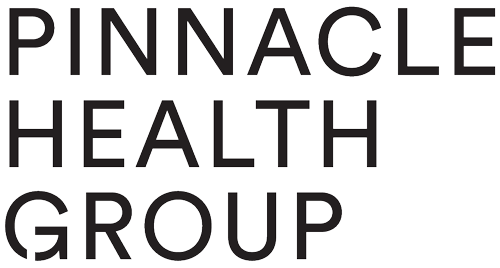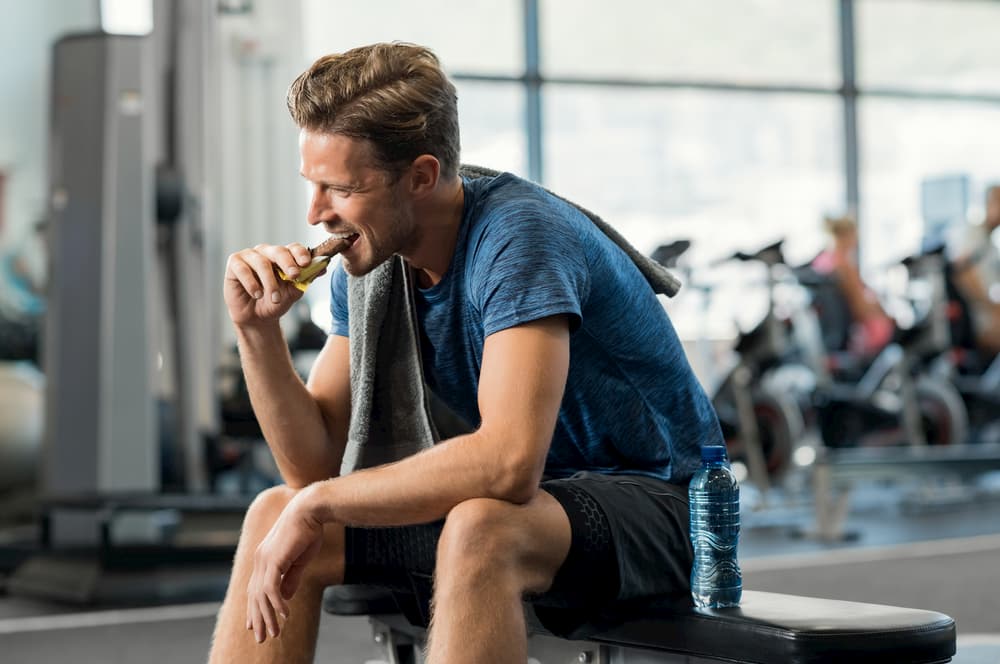When you’re injured playing sports, one aspect of your recovery that you shouldn’t overlook is nutrition. Athletes may think it is a good idea to cut back on their caloric intake due to decreased levels of activity. However, your body’s natural processes kick into a higher gear when injured.
A body that’s busy with recovery consumes more energy than a body at rest. Eating the right foods will ensure a speedy recovery and return to sporting ability, by fuelling your body’s healing process. It’s just as important as other methods such as rest, ice and stretching when recovering from injury.
Why Food is So Important for Recovering Athletes
From a metabolic standpoint, muscle is expensive real estate. It takes a large amount of energy to maintain this valuable tissue that requires a lot of work to build up in the first place. If you cut too many calories, muscle is one of the first things you’ll lose. It’s better for most athletes to retain their muscle mass, at the risk of putting on some weight by maintaining high caloric intake, when they are injured and resting.
Getting plenty of nutritious food is especially important if you have a lower-body injury that imposes crutches. Using crutches can quickly wear you out and your energy expenditure is much higher than if you’re walking. Getting enough food is essential for the extra work getting around on crutches demands.
What Kind of Foods You Should Eat
While recovering from an injury, you should eat a balanced diet with an emphasis on vegetables and fruit. The dietary habits embraced by athletes during competition and training are also beneficial during injury recovery. The same principles of healthy eating apply. One beneficial adjustment you can make is to reduce carbohydrate intake and increase the amount of healthy proteins and fats you consume.
Athletes tend to eat a lot of carbs, which is great for high-intensity activities as the body rapidly burns carbs to supply energy. When you’re injured, you don’t need quite as many carbs. Instead, you should eat plenty of fish, chicken and lean beef while cutting back on bread, pasta and potatoes. You should also eat sources of healthy fats such as avocado, eggs and nuts.
Hydration is Essential
We all know how important hydration is for intense exercise, but it’s also important for injury recovery. Ensure you drink plenty of fluids throughout the day, just like you would if you were healthy and active as you normally would be. Maintaining hydration levels is a crucial component to overall general health as well as resting and recovering.
What About Supplements?
Large doses of vitamins and minerals don’t necessarily do much to speed up the body’s healing process. Overnight quick fixes don’t exist. Instead, you must focus on providing the body with the building blocks it needs through a healthy diet and an appropriate calorie intake to support the healing process. Anti-inflammatories should also be avoided as they can deter healing.
Need Nutritional Advice in Melbourne?
Pinnacle Health Group provides a range of services including nutritional therapy, massage, clinical Pilates, yoga and more in multiple locations in Melbourne. If you’re injured or need health advice, book an appointment from one of our centrally based health clinics or join a wellness class near you.

